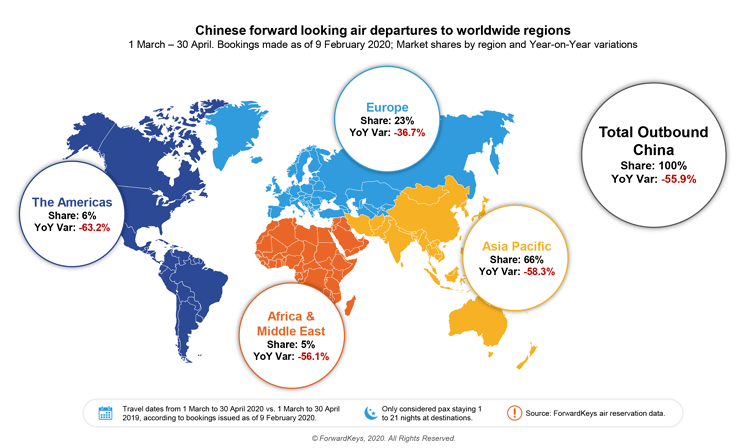ASIA PACIFIC. Travel analytics company ForwardKeys has said that the COVID-19 outbreak has resulted in a -10.5% slowdown year-on-year in outbound travel bookings for March and April across Asia Pacific markets (excluding China and Hong Kong).
As of 9 February, the setback looks likely to be most marked in North-East Asia, where outbound bookings for March & April, are -17.1% behind where they were at the equivalent moment last year. Bookings from South Asia are -11% behind; from South-East Asia are -8.1% behind and from Oceania -3.0% behind.

As expected, the Chinese outbound market is more severely affected. Currently, bookings for March and April are set to be just 55.9% of what they were at the equivalent point in 2019. Forward bookings to Asia Pacific are 58.3% behind; bookings to Europe are 36.7% behind, to Africa and the Middle East are 56.1% behind and to the Americas are 63.2% behind.

Looking back over the three-week period following the imposition of government travel restrictions, in response to the coronavirus outbreak, outbound travel from China has fallen by -57.5%. Travel to all parts of the world has been severely down, with the Americas worst affected in relative terms and Asia Pacific in absolute terms. Travel to Asia Pacific, which receives 75% of the Chinese outbound market, was down by -58.3%; travel to Europe was down by -41.7%; travel to Africa and the Middle East was down by -51.6% and travel to the Americas was down by -64.1%.

ForwardKeys VP Insights Olivier Ponti said: “The world’s largest and highest spending outbound travel market, China, is in severe difficulty; cancellations are growing by the day and the trend is now spreading to surrounding countries. On the brighter side, however, we are not seeing a slowdown in travel outside the Asia Pacific region; so, this is a moment to fill the void by studying alternative origin markets and focusing promotional efforts on them. We will be monitoring the situation carefully because in a disease outbreak like this, travel trends can change quickly; and different markets are likely to respond differently.”













